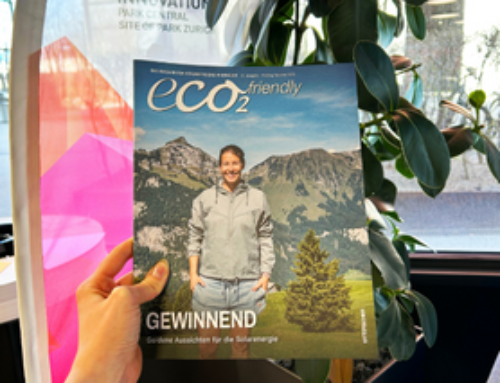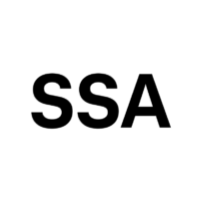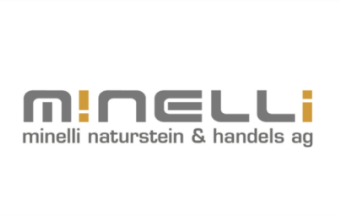
Opportunities for smart buildings through the new energy law
Every building is part of the energy ecosystem. Self-production and consumption play an essential role in the planning and use of buildings. The new legislation brings new opportunities but also challenges for the members of the Innovation Park, which are being worked out in an interdisciplinary way within the framework of a Smart Energy Homes working group. With the first package of measures for the Energy Strategy 2050, the Energy Act was completely revised as of Jan. 1, 2018, and self-consumption was newly regulated. Derived from this, new opportunities are on the horizon, which were examined and evaluated within the framework of the project, with the hope that these interdisciplinary findings can flow into future products or offers.
Targets
- New business opportunities thanks to ZEV.
- How can self-consumption be optimized even more? This can result in a business model, but also a more stable power grid and thus a more stable supply, but also a lower ecological footprint through involved stakeholders.
Results
The project produced findings on three main topics, which were explored in greater depth.
- Self-consumption increases thanks to mergers, if this is permitted by regulatory/legal framework conditions.
- Due to the low electricity tariff for a ZEV, the PV system may have to be operated uneconomically, as the production costs are higher than the power tariffs. Therefore, to operate a ZEV, only the minimum size of PV that may be required would be installed. However, depending on the cost degression for larger systems, it may be possible to implement a medium-sized system at similar costs.
- With a performance price, a ZEV can achieve lower annual costs than without a merger. However, this depends on the additional costs incurred by the ZEV and the respective electricity tariffs. In addition, capacity prices offer incentives for load management of the capacity peaks.
Project Team
- Andreas Rumsch, HSLU T&A
- Ernst Dober, V-ZUG
- Ovidiu Petrisor, HHM
- David Schacher, WWZ
- Urs von Burg, WWZ
- Christof Glockengiesser, Alfred Müller
- Reto Herger, ewl
- Claudio Marti, ITZ
- Thomas Laux, Zug Estates
- Reto Kuhn, ewl
- Erwin Schaller, CSEM
- Carsten Wemhöner, HSR
- Martin Müller, HKG Engineering AG
- Dominic Jurt, Basler & Hofmann
- Andreas Bittig, V-ZUG.





